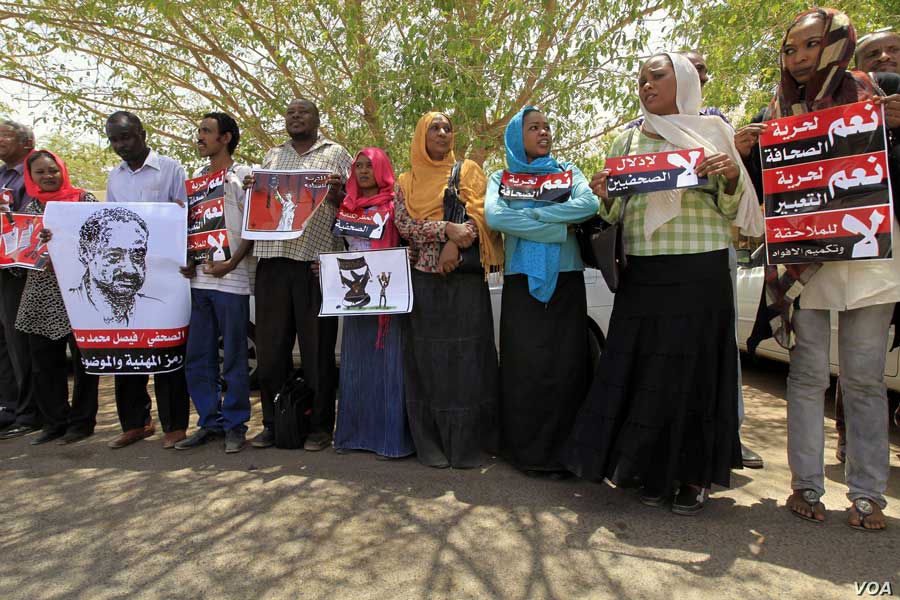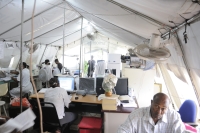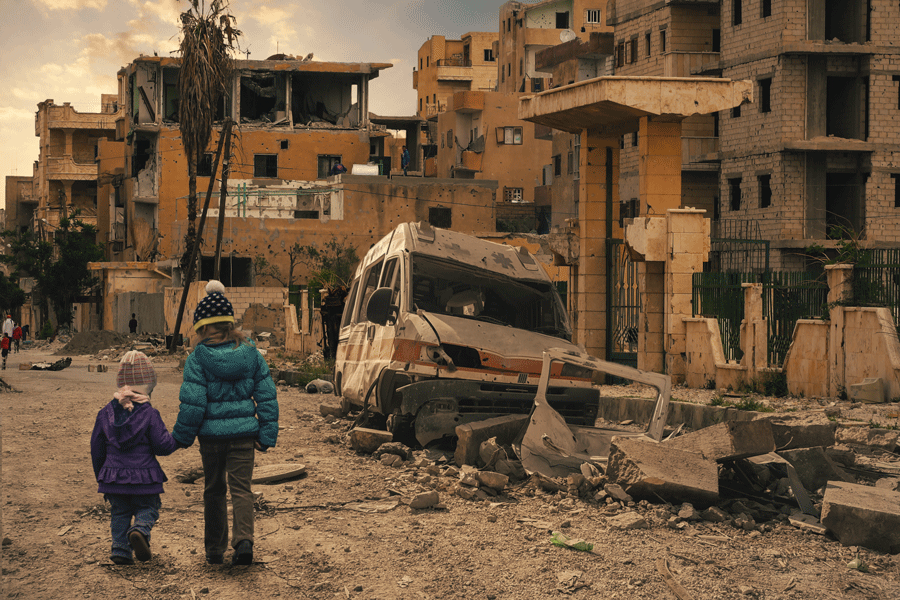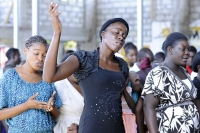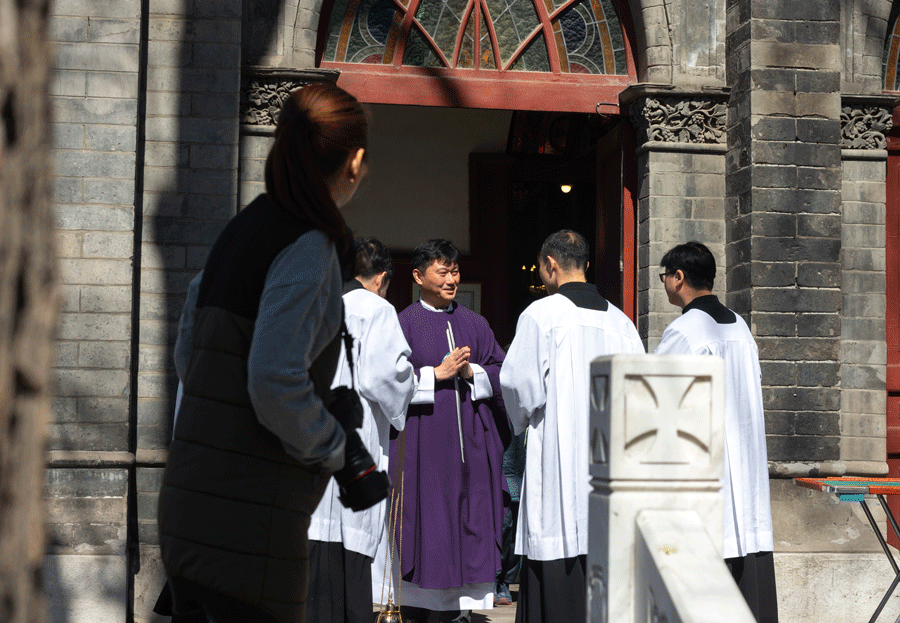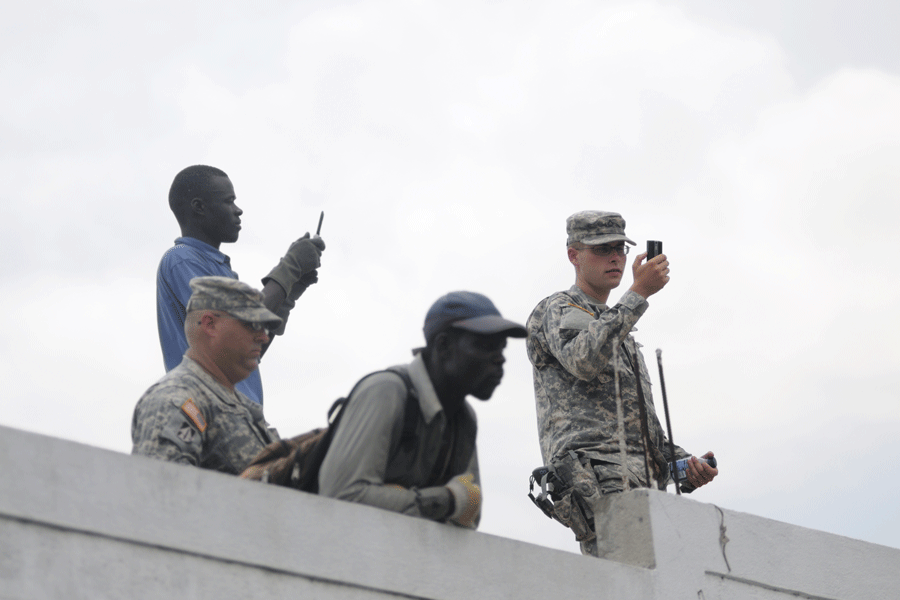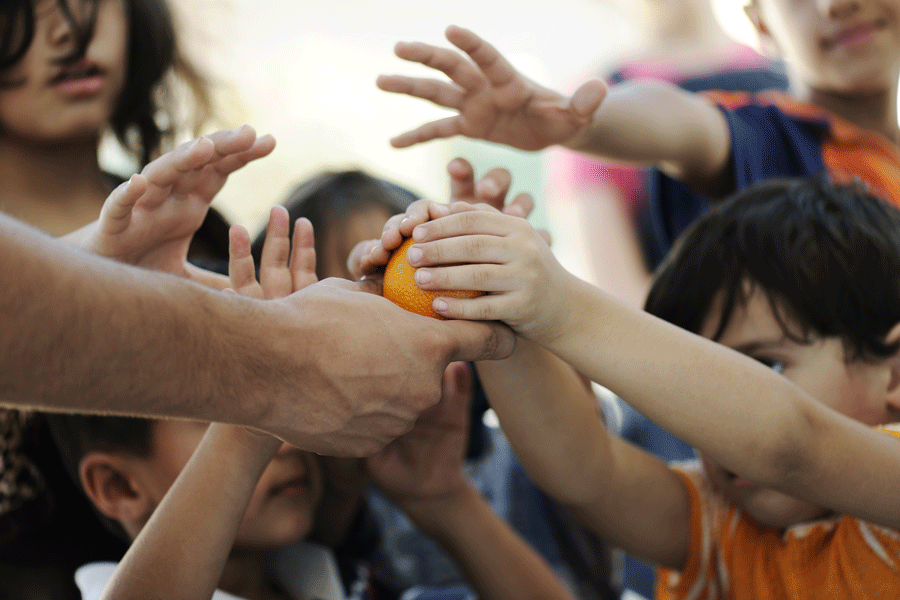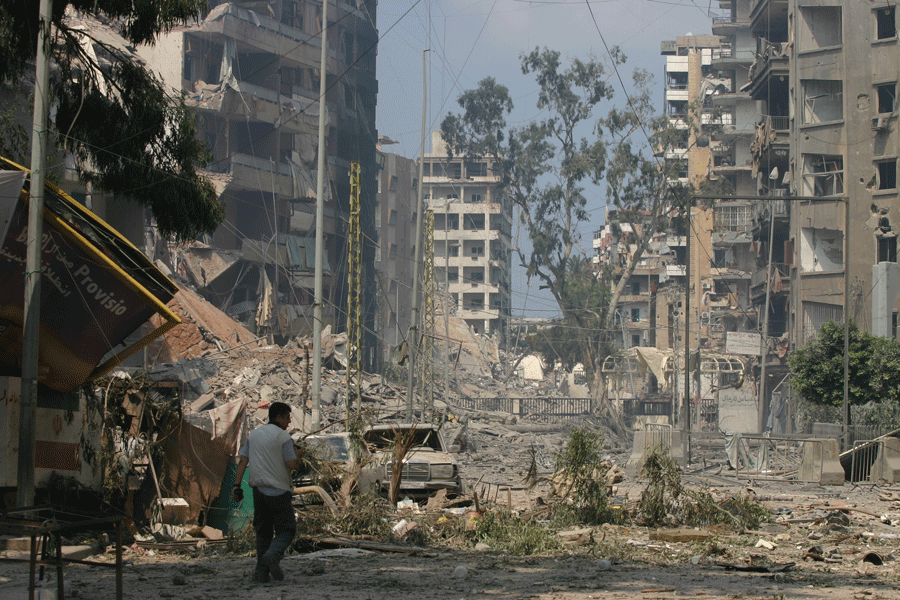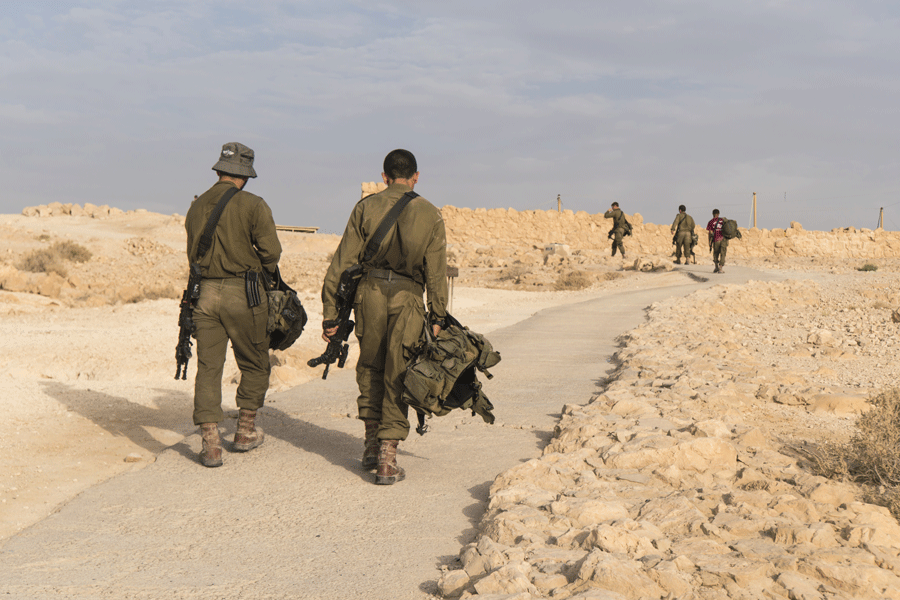Global Prayer Alerts
Fay Abuelgasim remembers when she was growing up in Sudan under then-President Omar al-Bashir, a time when the government shut down newspapers, arrested journalists and stopped printing presses. "It was quite restricted to almost a propaganda-like level," the Dubai-based Abuelgasim told VOA.
Now a journalist herself, Abuelgasim traveled to Sudan to cover pro-democracy protests and found something surprising: more critical reporting of the government after the recent ouster of Bashir. But another journalist said this unprecedented period of press freedom turned out to be short-lived as authorities cracked down on news media covering the protests.
The demonstrations began in December and continued after the military's April ouster of Bashir, who was in power for 30 years. In July, following a bloody crackdown on protesters by security forces in Khartoum a month earlier, negotiations involving protest groups and the country's military council resulted in a three-year power-sharing agreement calling for eventual elections. A joint military-civilian council will govern during a transition period to civilian rule.
Blow to press freedom
Amid the developments, some critics complained about sparse coverage even as conditions on the ground were hampered by lack of access, security risks and the potential for violence. Dozens of protesters were killed and hundreds injured after the Transitional Military Council ordered a crackdown on their encampment in Khartoum in the June 3 crackdown.
That day is also when the brief window of press freedom closed, according to Sudanese journalist Naba Mohiedeen, a regular contributor to VOA.
"Yes, there was press freedom — a lot of journalists came, a lot of fixers worked with them, a lot of critical reports. But it was not something fundamental," she said. "It is just something very superficial, and it will be gone very soon."
Mohiedeen said since that day, the situation for journalists has become more uncontrollable and part of "the worst crackdown ever."
In June, the security services took her press accreditation, saying they had received reports that she was inventing stories, Mohiedeen said. Although they didn't tell Mohiedeen who was behind the allegations, which she said were false, she suspected military sources.
"They took my license for 11 days. I was under watch 24/7. They were following me with cars," she said. "The crackdown is not all about me. They cut a channel. They shut down the Al Jazeera office three days before June 3."
Mohiedeen said efforts to intimidate journalists in Sudan are nothing new.
"If they don't like you, they will socially embarrass you. Say they busted you with your friends smoking. You're a communist, say you're a rebel, say you have relations outside Sudan and hate Sudan and are working with foreigners," she said. "It was very effective before the revolution before people had one goal: to change."
Mohiedeen said hopes that media freedom might persist after longtime leader Bashir's ouster proved elusive. The military ordered internet blackouts, and for a while, journalists weren't allowed to record video in the streets. To shoot video of a protest, they needed to be accompanied by a security agent, she said.
Protesters aid journalist
Abuelgasim said she was harassed while filming music events this summer. A paramilitary officer took her press ID and told her, "You need to come with me to the office."
"I was scared as a journalist. You kind of never want to be confronted by a paramilitary officer asking you what you're doing when you're just trying to do your job," she said. "The protesters around me heard me being forceful. The protesters haggled and fought for me to get my press ID back." The credential was returned to her following intervention by the protesters.
Abuelgasim said her job is easier because she doesn't need a visa to enter the country and because she speaks Arabic.
For foreign journalists trying to report from inside Sudan, it's a different story, especially because obtaining a visa can be harder.
Geoffrey York, Africa correspondent for Canada's The Globe and Mail, said there's a lack of clarity about credentials and arbitrary enforcement of the rules.
"Officially you're supposed to have not just the visa. Basically, it's not clear who would insist on seeing your accreditation and who would not," York said. "There's a lot of controls that are built-in, and they could enforce them or not enforce them depending on what they feel."
One control authorities do enforce is on travel, he said. "It's easier to work in Khartoum than it is to work outside of Khartoum. Very difficult, almost impossible to get on an airplane to Darfur if you don't have permission from the government," he said.
In contrast to military and government officials, York said, the Sudanese people are eager to get their stories out because they feel abandoned by the world, especially when the internet and social media are cut off — as they were for weeks during the mass sit-in outside military headquarters in Khartoum.
Lots of hurdles
But the obstacles for foreign media are many.
"It can be difficult to get here, it can be difficult traditionally, difficult to get a visa," he said. "There's a whole range of reasons. Media can find it difficult to send a journalist here. It can just be a budget problem."
Abuelgasim said foreign media have underreported events in the region, partly because of competing news.
"Giving a chance for people to tell their story and feel like they are being represented in the global news world, it's the hardest thing to do because …so much is happening around the world," she said.
Still, the coverage that has emerged raises hopes for the Sudanese people, she said.
"When Bashir fell and more and more foreign journalists and people started to see themselves on TV, on newspapers, their pics everywhere, it felt like a validation of all of their hard work," she said.
'Fragile time'
Abuelgasim has voiced optimism about new attempts to create new papers and TV channels and the use of social media to practice journalism.
"This is a very fragile time," she said. "If Sudan's journalists can make a space for themselves, to take ownership of their own story, their own narrative. We just parachute in and out, but these are people who are living the story."


